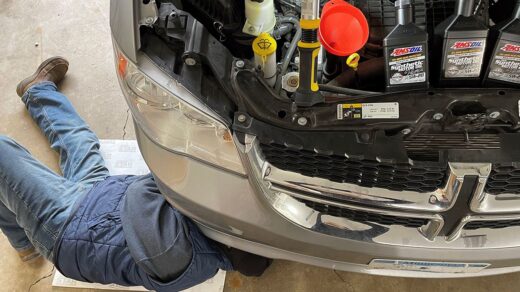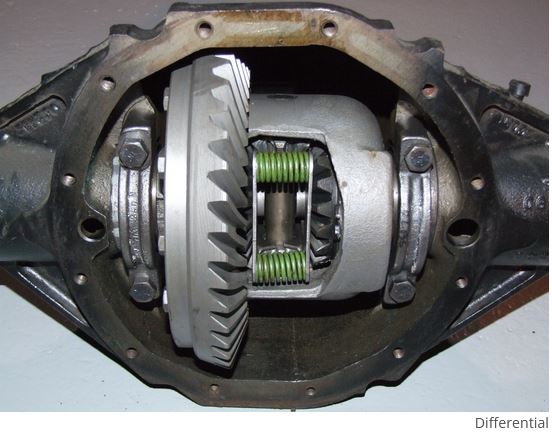How Do I Switch from Conventional to Synthetic Oil? You don’t need to do anything special before you switch to synthetic oil after having used conventional oil. _by John Baker| Aug 11, 2023 To borrow a famous slogan, just do it. You don’t need to take any special steps before you switch to synthetic motor […]
You are browsing archives for
Category: Knowledge Base
Your Manufacturer’s Warranty is Secure
Your Manufacturer’s Warranty is Secure and better protected with AMSOIL AMSOIL lubricants maintain your factory vehicle and equipment warranties. _by David Hilgendorf October 24, 2022 According to the Federal Trade Commission, manufacturers or sellers may make promises to stand behind the products you purchase. Any warranty offered must be available to read before purchase, so be […]
How Often Should I Change Differential F...
How Often Should I Change Differential Fluid? Fluid change intervals depend on your vehicle, driving conditions and gear oil quality. _by David Paiuilldorf | july 26, 2023 A differential is a set of gears that allows a vehicle’s driven wheels to revolve at different speeds when going around corners or over rough terrain. Those gears […]
Can I Use Transmission Fluid in Oil to C...
Can I Use Transmission Fluid in Oil to Clean My Engine? Yeah – those youtube rescue channels all show using ATF to clean out the engine – they’re doing it the hard way… ATF is not made to clean sludge from engines. Instead, it’s best to use a dedicated engine flush. _by Phil Collinsburger |May […]



